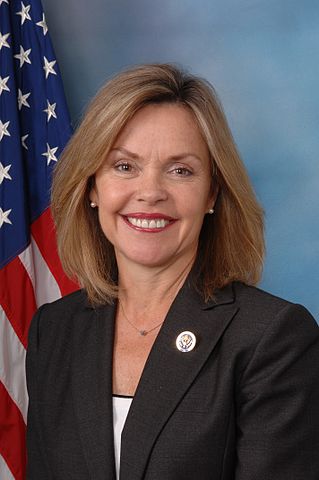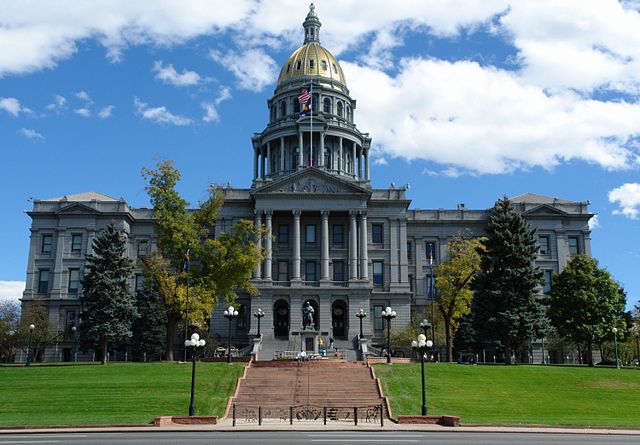Reforming Colorado’s largest pension plan, the Public Employees Retirement Association (PERA), is one of the looming issues in the state’s upcoming Treasurer election. And the candidates have very different takes on the situation.
Betsy Markey (D) is a former congresswoman who says she’ll fight for financial transparency but isn’t making pensions a central issue of her campaign. From the Durango Herald:
Markey is not overly concerned [about PERA], pointing out that legislative steps have been taken to put PERA on a sustainable path. She said the PERA board voted to lower the anticipated rate of return from 8 to 7.5 percent.
“When you’re looking into the future, the PERA board itself expects to close that unfunded liability gap within the next 30 years,” Markey said. “And they don’t expect that there will be a time in the next 30 years where they will ever not be able to fully meet their obligations to retirees.”
Incumbent Walker Stapleton (R), meanwhile, has made pension reform one of the central issues of his campaign and tenure as Treasurer. Still, he admits the state’s unfunded pension liabilities grew under his watch.
Walker responded to Markey’s position on pensions:
Stapleton said Markey’s position suggests an “alarming lack of knowledge for public-finance issues.
“PERA’s liability has only grown since I’ve been in office.” Stapleton said.
He added: “She said that PERA was fine, and I’m obsessed with it. … But she would also lower the rate of return for PERA? You can’t be for lowering the rate of return and not for additional work to be done.”
[…]
Stapleton has found himself at odds with the state employees’ union and those who manage retirement benefits.
He filed a lawsuit seeking to open the books of the Public Employees’ Retirement Association fund, and he has repeatedly fought to lower the projected rate of return on investments. He has also advocated for lowering cost-of-living raises and increasing the retirement age.
As of 2012, Colorado’s PERA was 63 percent funded and was shouldering $23 billion of unfunded liabilities.

